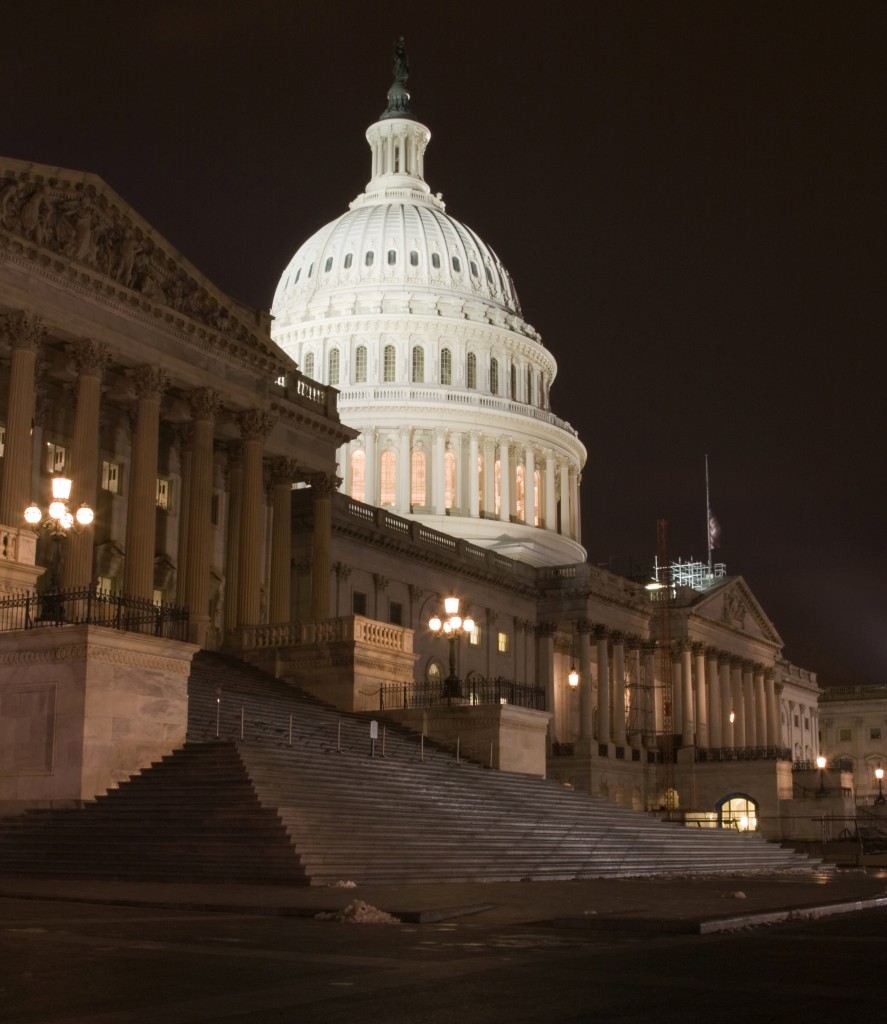The Independent Agency Regulatory Analysis Act
OUR POSITION: CSS opposes the bill and urges lawmakers to vote against it.
 The Independent Agency Regulatory Analysis Act would would fundamentally change the way that independent agencies operate. It would strip agencies such as the Consumer Financial Protection Bureau, the Securities and Exchange Commission, the Consumer Product Safety Commission and the National Labor Relations Board of their independence, which insulates them from the distorting influence of political pressure.
The Independent Agency Regulatory Analysis Act would would fundamentally change the way that independent agencies operate. It would strip agencies such as the Consumer Financial Protection Bureau, the Securities and Exchange Commission, the Consumer Product Safety Commission and the National Labor Relations Board of their independence, which insulates them from the distorting influence of political pressure.
The bill would require these agencies to spend their limited resources completing multiple cost-benefit analyses – even when Congress has not required them – and to submit their analyses for review by the Office of Information and Regulatory Affairs (OIRA). Demanding multiple new analyses of every rule would stretch the budgets of the independent agencies and overwhelm OIRA’s already limited capacity for review.
It already takes many years to develop, issue and enforce a new rule. The redundant and duplicative procedural requirements added by this bill would bring the rulemaking process to a screeching halt — endangering new and existing financial, workplace, environmental and public health regulations that protect American workers, families, consumers and taxpayers.
CSS Resources
CSS Opposes S. 1607, the Independent Agency Regulatory Analysis Act (IARAA) of 2015
Letter to Members: July 27, 2015
Groups Oppose S. 1607, the Independent Agency Regulatory Analysis Act (IARAA) of 2015
Letter to Members: July 27, 2015
The Independent Agency Regulatory Analysis Act: Politicizing Independent Agencies and Putting Americans in Harm’s Way
Fact Sheet: June 20, 2013
Bill Would Undermine Independent Agencies, Weaken Dodd-Frank Protections and Threaten Consumer Product Safety
Press Release: June 18, 2013
Bill Would Undermine Independent Agencies, Weaken Dodd-Frank Protections and Threaten Consumer Product Safety
Blog: June 18, 2013
Top Financial Regulators Oppose Independent Agency Regulatory Analysis Act
Press Release: November 1, 2012
Groups Oppose S. 3468, the Independent Agency Regulatory Analysis Act of 2012
Letter to Members: September 7, 2012
Resources from Members and Allies
Top Financial Regulators Oppose S. 1607, the Independent Agency Regulatory Analysis Act of 2015
Letter to Members: July 28, 2015
Letter to the Senate opposing the Independent Agency Regulatory Analysis Act of 2015
Consumers Union: July 28, 2015
CFA Opposes S. 1607, the Independent Agency Regulatory Analysis Act
Consumer Federation of America: July 27, 2015
Don’t Let the Lame Duck Session Undercut Necessary Financial Oversight
Economic Policy Institute: November 7, 2012
Portman’s Proposals Would Endanger Both Science and Citizens
Union of Concerned Scientists: November 1, 2012
UAW Opposes S 3468
United Auto Workers: November 2012
NASAA Letter of Opposition to S 3486
North American Securities Administrators Association: November 2012
Impact of the Independent Regulatory Analysis Act, S. 3468: Further Delaying Needed Safeguards for Our Economy
Demos: September 2012
Sponsors of the Independent Agency Regulatory Analysis Act Try to Slip Bill in Under the Radar
Center for Effective Government: September 2012
Let Wall Street Regulate Itself? No Way!
Public Citizen: September 2012
Oppose S. 3468 “The Independent Agency Regulatory Analysis Act”
Americans for Financial Reform: September 2012
The Independent Agency Regulatory Analysis Act, as Critiqued by Co-Sponsor Susan Collins and Me
Center for Progressive Reform: August 2012
Changes to S. 3468 Give Lobbyists More Power
Consumer Action: September 2012
Comparison of the Independent Agency Regulatory Analysis Act (S. 3468) to Executive Order 12866
Center for Progressive Reform: September 2012
Press Coverage
Independent Agency Rules Could See Executive Oversight
Bloomberg BNA: June 27, 2017
Republicans Want It Both Ways on Agency Independence
The Hill: March 9, 2016
Making Independent Agencies Less Independent
The New York Times: November 6, 2012
